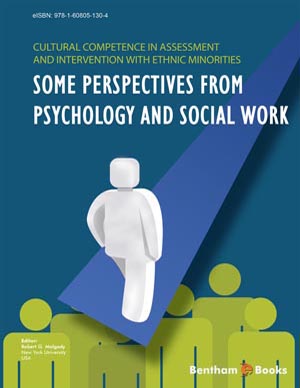Abstract
Nursing advocacy entails taking action on behalf of others. The current discussion promotes advocacy as the driving force of nursing. The ethic of care relates well to the role of advocacy because it is concerned with taking responsibility for what happens to us and to other people. Advocacy can occur in the form of acting as a voice for an individual or by taking action in support of a larger issue. Both are closely aligned with nursing leadership. The expectation is that nurses act individually and collectively to eliminate social inequities. Whistle-blowing is a more drastic form of advocacy and should only be used as a last resort. A narrative is presented that carefully demonstrates how in one actual incident, whistle blowing became the only option left to ensure client safety. The discussion also quite poignantly points out that, nurses are not likely to advocate for a person or group of people that they have a bias toward. A review of the literature reveals the stark truth that nurses, as a general group, harbour stereotypical biases toward the mentally ill. Affirmative action is recommended to help to end discrimination. The greatest threat to the nurse who dares to do what they feel is right, is that of being morally silenced. Nurses are inspired to be as courageous as possible but to ensure that they are well supported before acting. The chapter ends with a compelling story of how a newly graduated psychiatric nurse advocates for her client who cannot speak English and who has been misdiagnosed.
Keywords: Aboriginal, Whistle-blowing, Stereotypes







